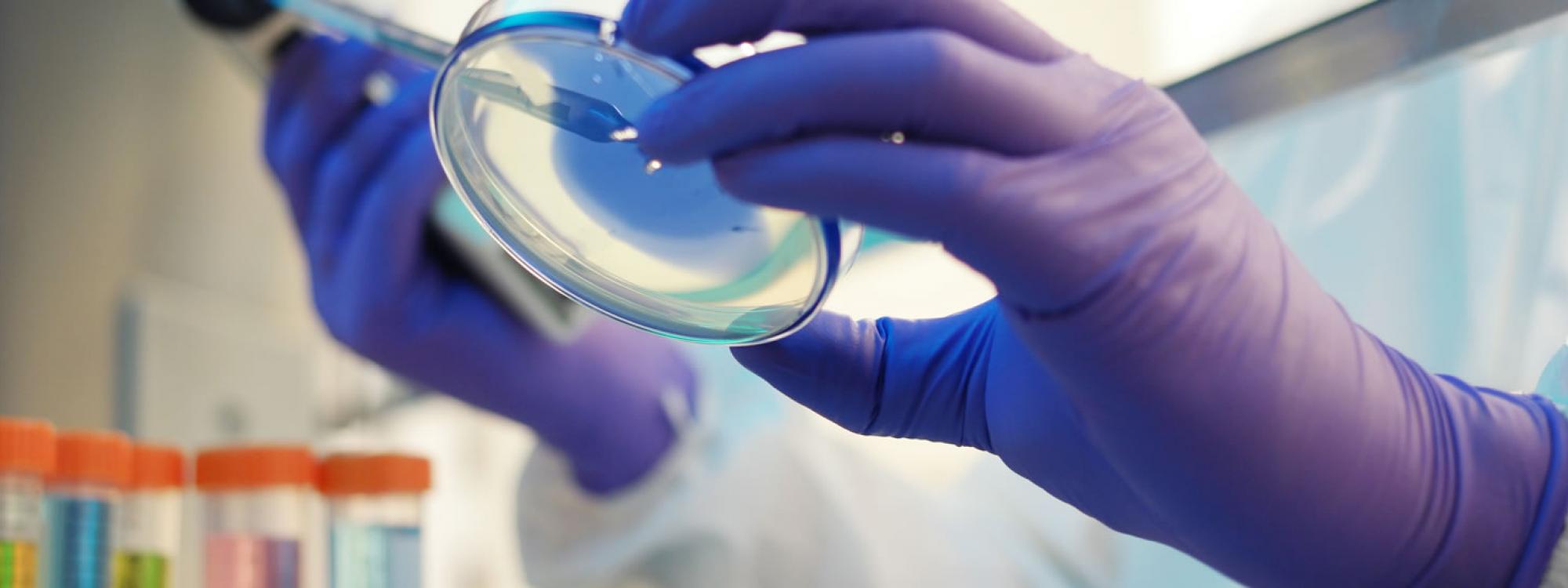
Research theme 1: Genetics
Acute infections constitute a very common and significant health burden to the community. Most of the disability associated with acute infection is the direct result of physical, psychological and behavioural changes that form the brain's response to the challenge of the infection. These changes are collectively called the 'acute sickness response’. While it is clear that the immune response to the microorganism initiates the sickness response, the role of genetic factors, which modify responsiveness to immunological signals within the brain is poorly understood.
Several acute infections have been shown to trigger the onset of a post-infective fatigue syndrome (PIFS) with approximately one in 10 individuals remaining persistently fatigued at six months after the infection when the illness has been shown to meet diagnostic criteria for chronic fatigue syndrome.1 In addition, the characteristics of the post-infective illness and the initial acute sickness phase are closely comparable.2 Finally, the severity of the acute illness is a very strong predictor of subsequent PIFS. Each of these findings indicate that the biological basis of the acute sickness responses and PIFS are likely to be shared.
The overall goal of this genetics project is to identify the genetic characteristics that make some individuals vulnerable to severe or prolonged forms of illness including PIFS in response to the same infection when others recover uneventfully. The genetic studies completed to date in Dubbo Infection Outcomes Study (DIOS) have implicated functional polymorphisms (genetic variations which modify activity) in immunological and neurobehavioural genes.2,3 The initial positive findings are being confirmed in additional cases and matched controls from DIOS, as well as in cases with post-cancer fatigue (PCF) and matched controls from Folcan.
The associated genetic variants will then be examined in patients with carefully characterised CFS and healthy control subjects. In addition, the Research program is part of an International Collaborative on Fatigue Following Infection (COFFI) 4, which includes 17 cohorts following more than 22,000 individuals after various acute infections which have documented a case rate of PIFS of 10 - 35% at 6 months,5 and 7–9% at 12 months.4
In collaboration with researchers from COFFI, further confirmatory genetic studies are planned.
1 Everett B, Cameron B, Li H, Vollmer-Conna U, Davenport T, Hickie I,Wakefield D, Vernon S, Reeves WC, Lloyd AR. Polymorphisms in Toll-like receptors-2 and -4 are not associated with disease manifestations in acute Q fever. Genes and Immunity, 2007; 8: 699-702.
2 Vollmer-Conna U, Piraino B, Cameron B, Davenport T, Hickie I, Wakefield D, Lloyd A. Cytokine polymorphisms have a synergistic effect on severity of the acute sickness response to infection. Clinical Infectious Diseases 2008; 47:1418-1425.
3 Piraino B, Vollmer-Conna U, Lloyd AR. Genetic associations of fatigue and other symptom domains of the acute sickness response to infection. Brain Behavior and Immunity. 2012 May;26(4):552-8.
4 Katz BZ, Collin SM, Murphy G, Moss-Morris R, Wyller VB, Wensaas KA, Hautvast JLA, Bleeker-Rovers CP, Vollmer-Conna U, Buchwald D, Taylor R, Little P, Crawley E, White PD, Lloyd A. The International Collaborative on Fatigue Following Infection (COFFI). Fatigue. 2018;6(2):106-121.
5 Sandler CX, Wyller VBB, Moss-Morris R, Buchwald D, Crawley E, Hautvast J, Katz BZ, Knoop H, Little P, Taylor R, Wensaas KA, Lloyd AR. Long COVID and post-infective fatigue syndrome: a review. Open Forum Infect Dis. 2021 Sep 9;8(10):ofab440..